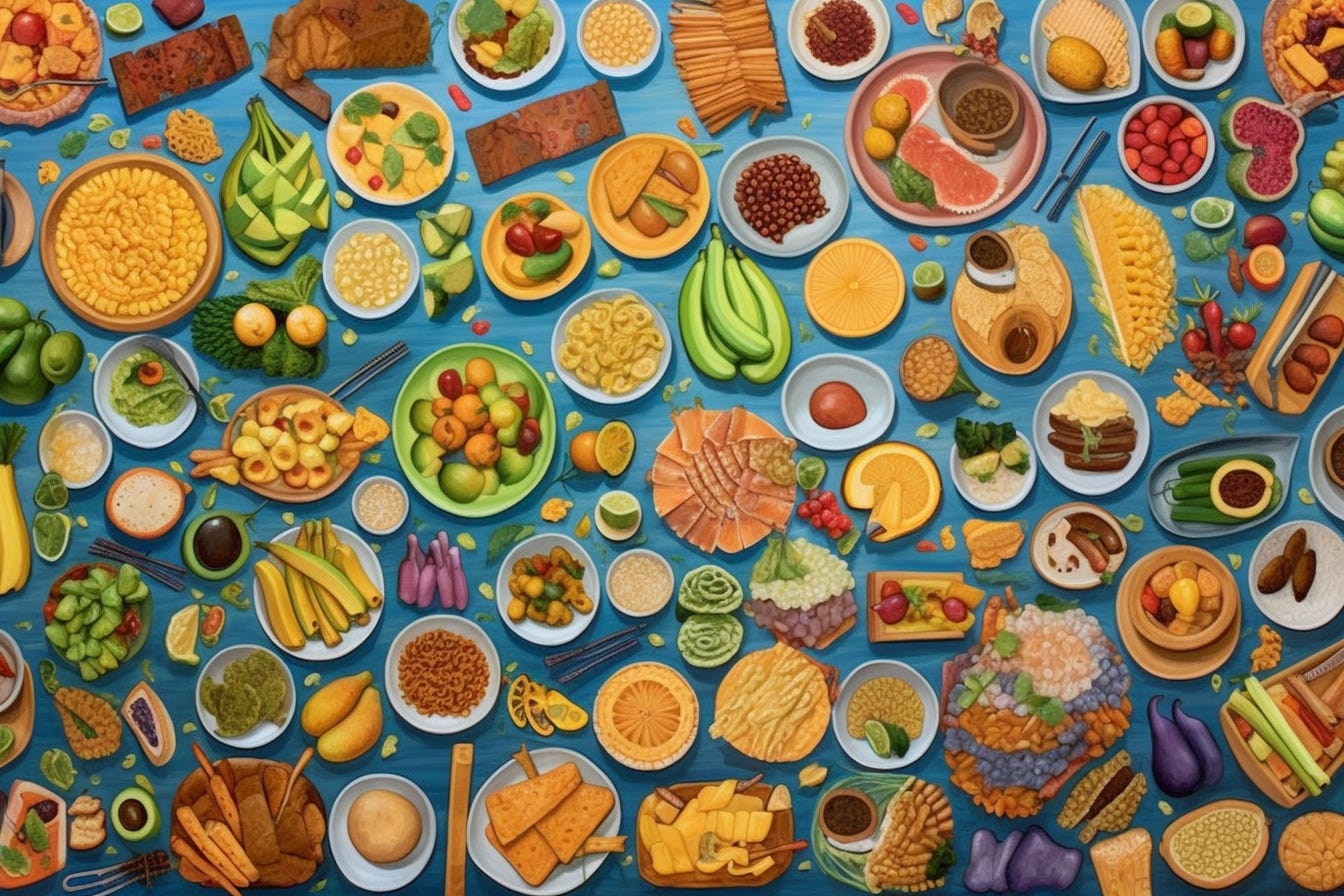The age of affluence and consumerism has brought undeniable benefits. More people than ever live lives of comfort, choice and convenience. Yet there is a murky underbelly to this glittering world of ever-expanding and instantly available stuff.
Firstly consumerism has led to individuals becoming isolated from their communities, losing their sense of belonging through a process known as social atomisation. Late 19th-century corporate titans pioneered mass marketing designed to ignite desires and pique emotions. This is how a consumption culture was deliberately cultivated. Historian William Leach argues consumerism propagated "a vision of the good life that made Americans more individualistic, more driven by personal desire than by communal responsibility." Over a hundred years ago, sociologist George Simmel observed urban life creating a tragic sense of alienation among inhabitants overwhelmed by city spaces.
Some thinkers regard consumerism as a form of escapism, a means of avoiding humanity's existential anxieties. With our zombie-like fixation on material gains and immediate gratification, we overlook deeper dimensions of meaning. Questions about who we are, why we are here, and what we value no longer resonate as they once did. French philosopher Jean Baudrillard saw consumerism as creating a hyperreality where signs and symbols replace genuine existence. Modern materialism thus competes with traditional values by offering its own superficial system of meaning.
In this piece, I want to focus on two kinds of imitative consumer behaviours, both sides of the same coin. The first involves a desire to obtain what others possess, to be equal to the group. The second is characterized by a need to acquire more than others, to be ahead of the pack. This perpetuates a never-ending cycle of desire. It urges those who feel behind to try and catch up and spurs those who are 'already there' to get on top.
The toxic interplay between these behaviours can be sensed in this week's parsha telling of certain Jew's desire to eat meat instead of manna. The verse paraphrases their complaint to Moshe:
We remember the fish we ate in Egypt free of charge, the cucumbers, the watermelons, the leeks, the onions, and the garlic. But now our soul is dried up: there is nothing besides this manna before our eyes
{Bamidbar 11:6}
Their grievance is classically understood to be culinary boredom. In other words, they were sick of eating the same thing day in and day out. But this understanding presents an obvious difficulty. Although not mentioned explicitly in the Torah, our sages deduce from several places that manna miraculously tasted of whatever its consumer desired. If so, we must wonder why these people were so tired of food that offered infinite tastes and variations. While there are several answers to this question, I would like to build on Rav Yonasson Eibeshitz's understanding. He explains that pleasure comes not from what we have but from possessing more than others. So, although the Jews could taste any flavour they wished in the manna, they found little pleasure in a food equally available to all.
Paradoxically there is also the sense that they are missing out on something others have that they lack. By referencing the fish they 'ate in Egypt', the Jews assert that the Egyptians have it better than them. In many ways, their ability to evoke sentimental feelings for a time under Egyptian oppression shows how corrupting and blinding the drive to keep up with the Joneses can become.
What happens when we get caught up in this spiral of desire? When we pay heed to our lowly whispering desires to be like everyone else and be better than everyone else? God grants the people's request, sending endless flocks of meaty quail, and the results are disturbing. The Torah tells us that:
[Even] the ones who gathered the least collected ten heaps [of quail]. They spread them around the camp in piles.
Rav Yosher Ber Soleveitchik sees this verse as a dark window into man's psyche. We witness here the all-to-human madness in imagining that we can achieve infinity. The corruption which ensues when we suppose we can silence the forces of desire by quenching it materially. Of course, no one needed piles of quail, in fact, one may assume that however sick one was with manna, he would become equally so with quail. Social comparison breaks the meter we use to calculate the true value of what we own:
When we are swept away by externally driven desire, we use our material gain as a proxy for perceived prestige.
In such fevered times, "infinite gathering of quails has become a purpose in itself".
Materialistic man uses consumerism to create and display symbols for self-worth, identity, and transcendence. Yet as Rabbi Sacks wrote, such a society "encourages us to spend money we don’t have, on products we don’t need, for a happiness that won’t last." I would argue that such happiness can't last. Whilst we are physical beings, we are endowed with an infinite soul, one which will never be content with physical trinkets.
The Torah tells us that those who ate gluttonously from the quail ultimately died in a plague. Moshe named the place where this occurred Kivroth Hata'avah, Graves of Craving. These are the pits that craving digs for man. When we live life addicted to chasing one desire after the next, we feel superficially alive. Yet ultimately, we may look back and realise we were dead all along. Despite living in a consumer-driven world, we are blessed to be connected to God through our Torah and mitzvahs. Through the right intentionality, we can rise above the superficial and uncover profound meaning. Once we do this, we can experience lasting happiness and fulfilment, something no quantity of material possessions will ever accomplish for us.
Good Shabbos, and Keep Pondering!





